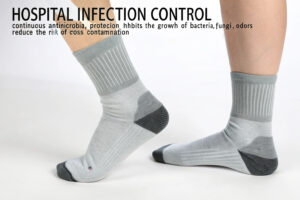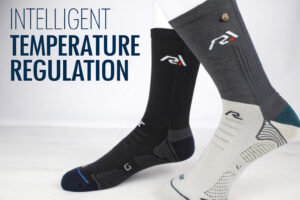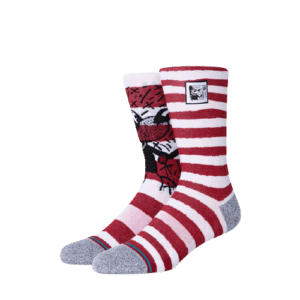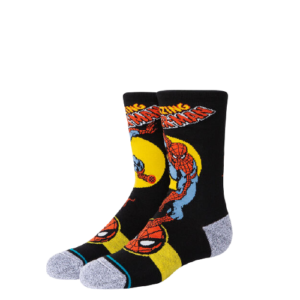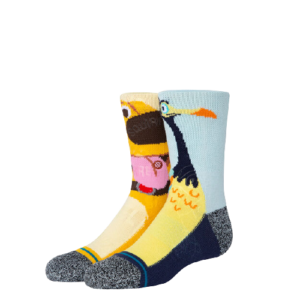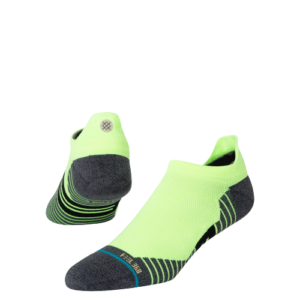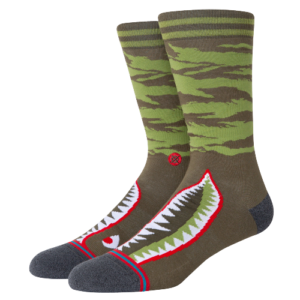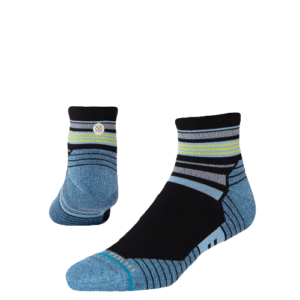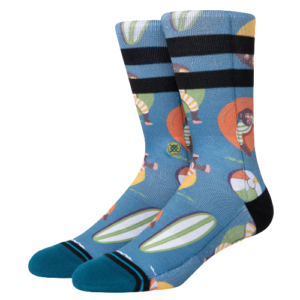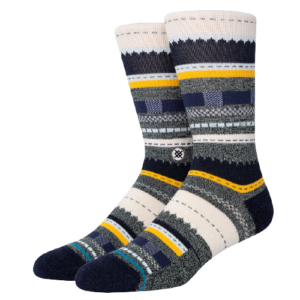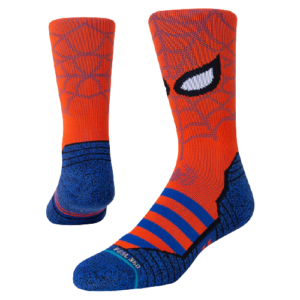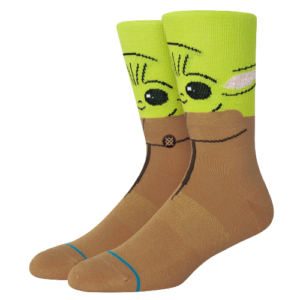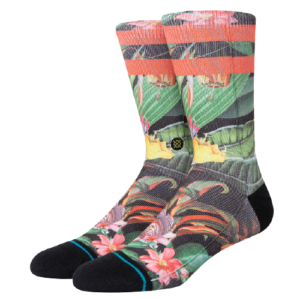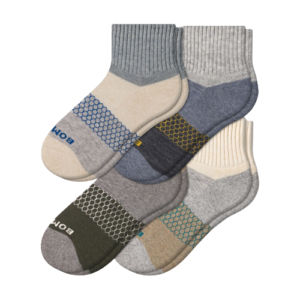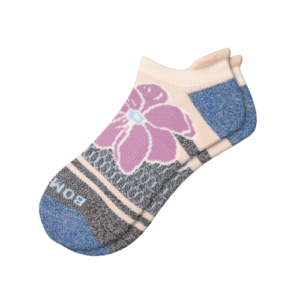Choosing socks used to be about color and fit. Today, it's about values. More buyers now ask: Is it sustainable? But between bamboo, organic cotton, and recycled polyester, which is truly better for the planet—and for your brand?
Bamboo socks offer breathability and softness, organic cotton brings natural purity, while recycled polyester promotes circular economy practices. Each has its own eco-benefits and limitations, so choosing depends on your goals, market, and usage.
The answer isn’t black and white. Each material offers distinct advantages for comfort, production cost, and sustainability. Below, I’ll guide you through a clear, no-fluff comparison—from my perspective as a long-time socks manufacturer for global buyers.
What Are the Environmental Impacts of Each Material?
As demand for eco-friendly socks grows, so do concerns about resource usage and environmental harm. Buyers often want numbers, not just buzzwords.
Bamboo, organic cotton, and recycled polyester each carry different environmental impacts—from water consumption to biodegradability. Understanding these differences is key to informed sourcing.

How Much Water Does Each Fabric Use?
Water usage is one of the first concerns when buyers ask us about sustainability. Organic cotton consumes significant water during cultivation—averaging 2,500 liters for a T-shirt's worth of fiber. In contrast, bamboo grows with minimal irrigation and no pesticides, making it a more water-efficient choice. Recycled polyester uses almost no water in raw material creation since it reuses existing plastic.
| Material | Avg. Water Usage | Chemical Use | Biodegradable |
|---|---|---|---|
| Organic Cotton | High | Low | Yes |
| Bamboo Viscose | Low | Moderate | Partially |
| Recycled Polyester | Very Low | Low | No |
What Is the Carbon Footprint of Each Sock Type?
If your brand focuses on carbon neutrality, material source and energy use matter. Bamboo sequesters more carbon during growth than cotton, but turning it into fabric requires energy-intensive chemical processing. Recycled polyester reduces emissions by preventing virgin plastic production. According to Textile Exchange, it can reduce CO₂ emissions by 30–40% compared to virgin polyester.
How Do These Materials Affect Sock Comfort and Performance?
Choosing eco-materials doesn’t mean giving up comfort or durability. Your customer may care about sustainability, but if the socks bunch up or wear out fast, they won’t come back.
Bamboo excels in softness and cooling, organic cotton offers natural comfort, while recycled polyester leads in durability and performance under stress.

Which Material Feels Best on the Skin?
Most clients testing our sample kits say bamboo feels silky-smooth and cool. It’s ideal for no-show or summer socks. Organic cotton has a dry, plush texture that’s great for everyday and dress socks. Recycled polyester depends on blend ratios, but when paired with spandex or cotton, it holds structure well and feels comfortable enough for sports.
How Well Do They Perform in Different Weather?
Organic cotton breathes well but retains moisture. Bamboo wicks moisture faster and offers thermal regulation, making it ideal for year-round wear. Recycled polyester shines in outdoor or athletic settings—it's moisture-wicking, dries quickly, and resists stretching even in winter cold or sweaty summer workouts.
Which Option Is Better for Large-Scale Production?
Your material choice impacts more than product feel. It affects your supply chain, MOQ, lead times, and even import/export conditions. We've managed over 1,000 eco-socks orders in the past two years, and material sourcing often changes production feasibility.
Recycled polyester is more scalable, bamboo is fast-growing and flexible, while organic cotton can be slow but is highly marketable with the right story.

Is It Easy to Source and Customize Each Fabric?
Recycled polyester is currently the easiest to source in China due to textile recycling initiatives. Our partners in Keqiao secure GRS-certified yarns within days. Bamboo yarn is also accessible and blends well with spandex or cotton. Organic cotton can be trickier—true GOTS-certified fiber comes from traceable suppliers, which can delay production timelines.
What’s the MOQ and Lead Time for Each?
Here’s what our clients typically encounter:
| Material | MOQ (Pairs) | Sample Time | Bulk Lead Time |
|---|---|---|---|
| Organic Cotton | 1,000 | 7–10 days | 30–40 days |
| Bamboo Blend | 500 | 5–7 days | 25–35 days |
| Recycled Polyester | 300 | 3–5 days | 20–30 days |
For startups, recycled polyester often hits the sweet spot in MOQ and price. For premium brands, organic cotton may offer more storytelling value despite longer lead times.
What Do Buyers Prefer in Today’s Eco Market?
Recraft指令--Create a collage of diverse B2B buyers inspecting eco-friendly socks at a trade show, digital showroom, and in packaging mockups labeled “sustainable.” Show facial expressions of satisfaction and decision-making. No text or distorted faces.
Client demand is shifting fast. Over the last 12 months, we’ve seen an increase in queries like “What certifications do your bamboo socks have?” or “Can I get a recycled poly-cotton blend for athletic wear?”
Buyers want more than labels—they seek trust, traceability, and performance. Bamboo attracts sustainability claims, organic cotton wins the natural purity angle, and recycled polyester fits price-driven green goals.

What Certifications Do Buyers Look For?
Major buyers like those from Europe or North America often request:
- Bamboo: FSC-certified sourcing, OEKO-TEX 100 for skin safety
- Organic Cotton: GOTS certification is the gold standard
- Recycled Polyester: GRS (Global Recycled Standard) is widely accepted
We’ve invested in all three—making sure your orders come with the papers your clients ask for.
What’s Trending in Sock Retail and Wholesale?
Eco-socks aren’t just about green claims—they’re fashion statements too. In our recent trade show displays, styles with pastel tones, recycled packaging, and traceable tags outsold traditional lines. Our fastest-growing export markets—Germany, France, and California—report strong demand for blended-function socks: bamboo-poly for yoga, organic cotton-wool for winter, and recycled poly-nylon for sports.
Conclusion
Sustainability isn't just a trend—it's the future of socks. From bamboo’s cooling comfort to organic cotton’s honest origins and recycled polyester’s low-impact power, each fabric has a place in your strategy. What matters is matching the material to your brand’s voice and buyer needs.
At GlobalSock, we don’t just manufacture—we help brands make informed decisions. Whether you want breathable yoga socks, cozy organic winter collections, or durable performance lines with eco-certifications, we’ve done it all—and we’re here to back your vision with fast R&D, low MOQs, and reliable global shipping.
Let’s create a line your customers will feel good about—from the foot up.


